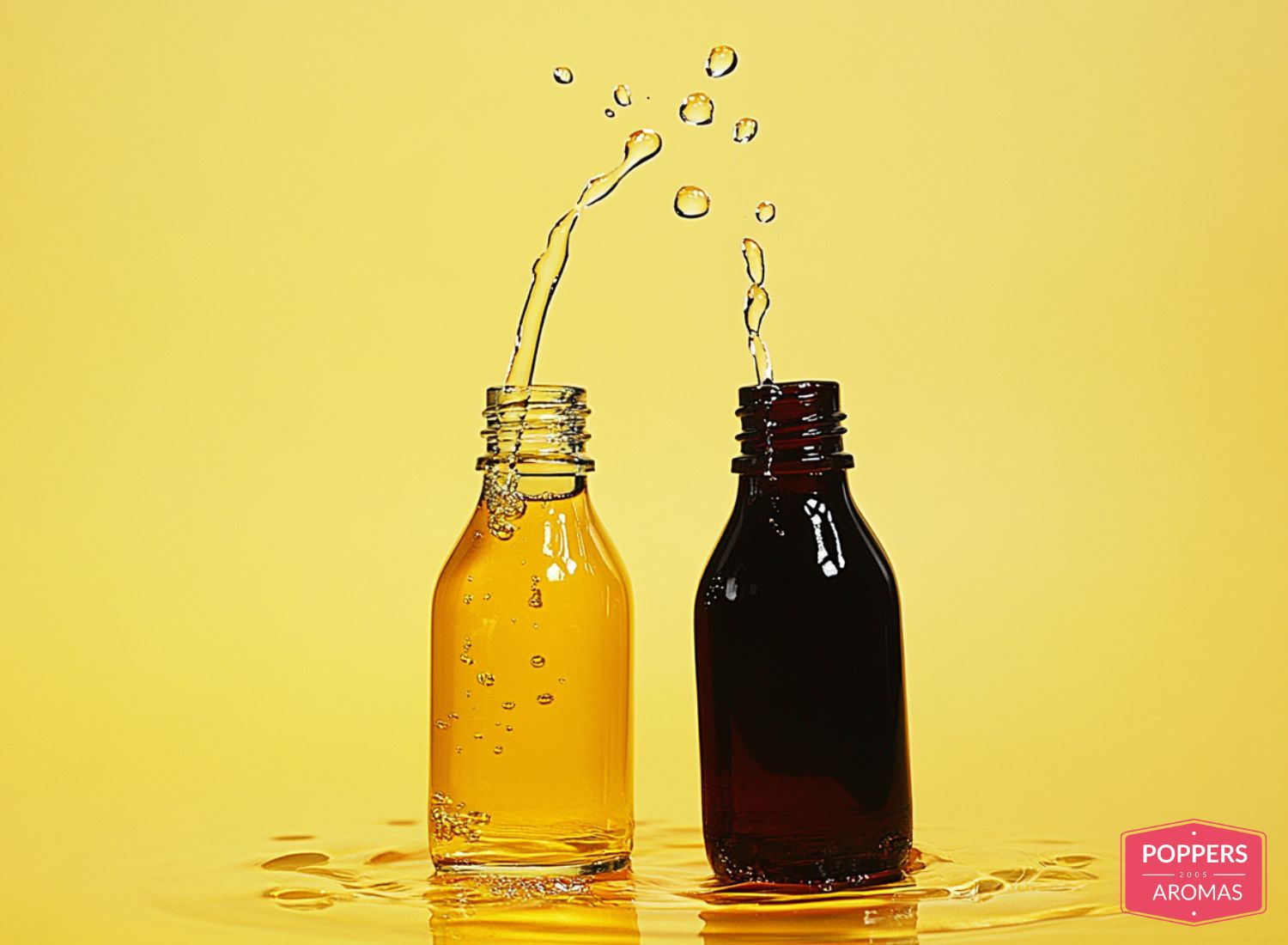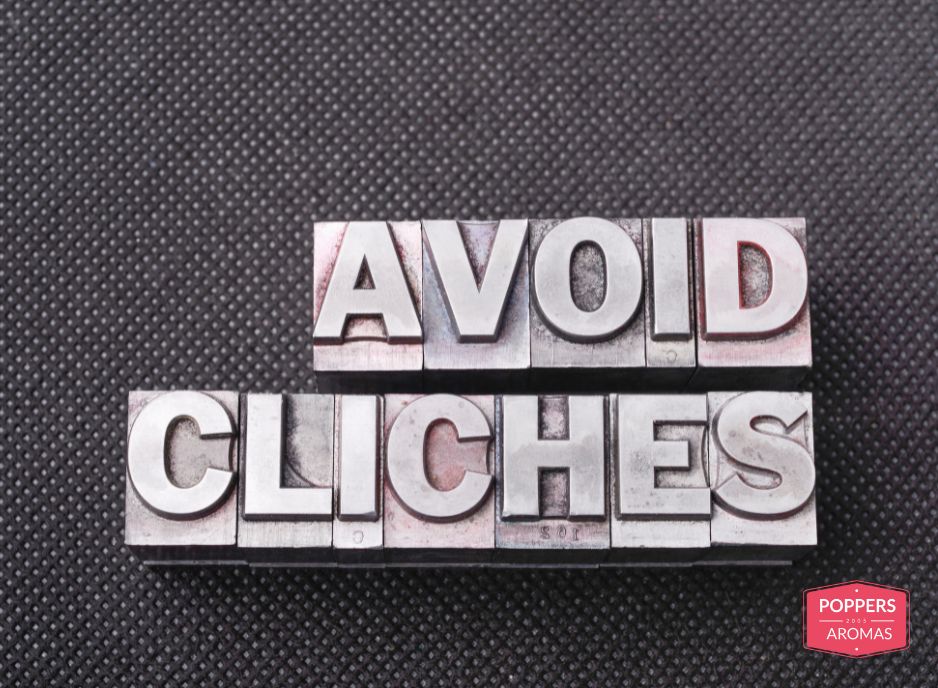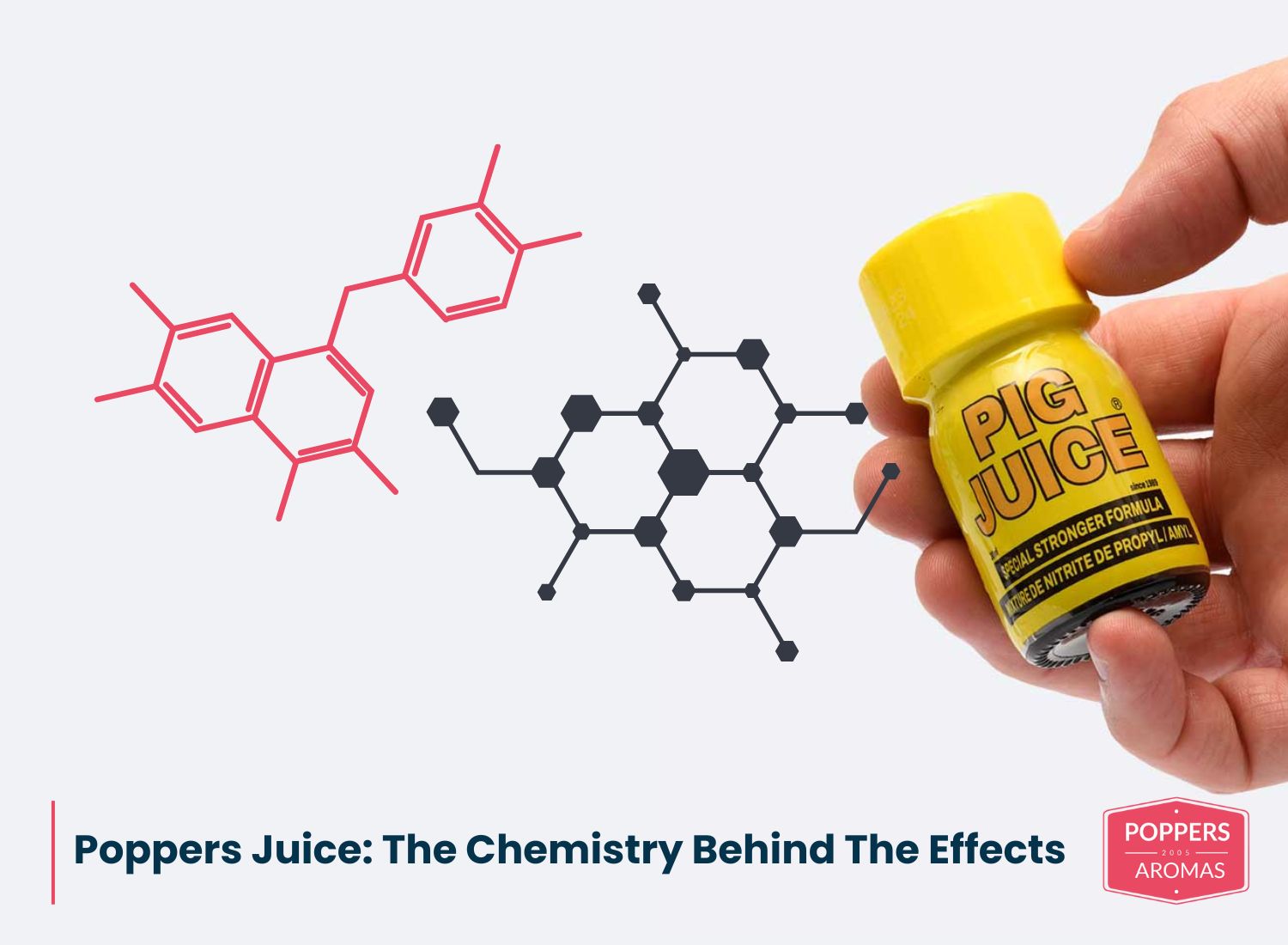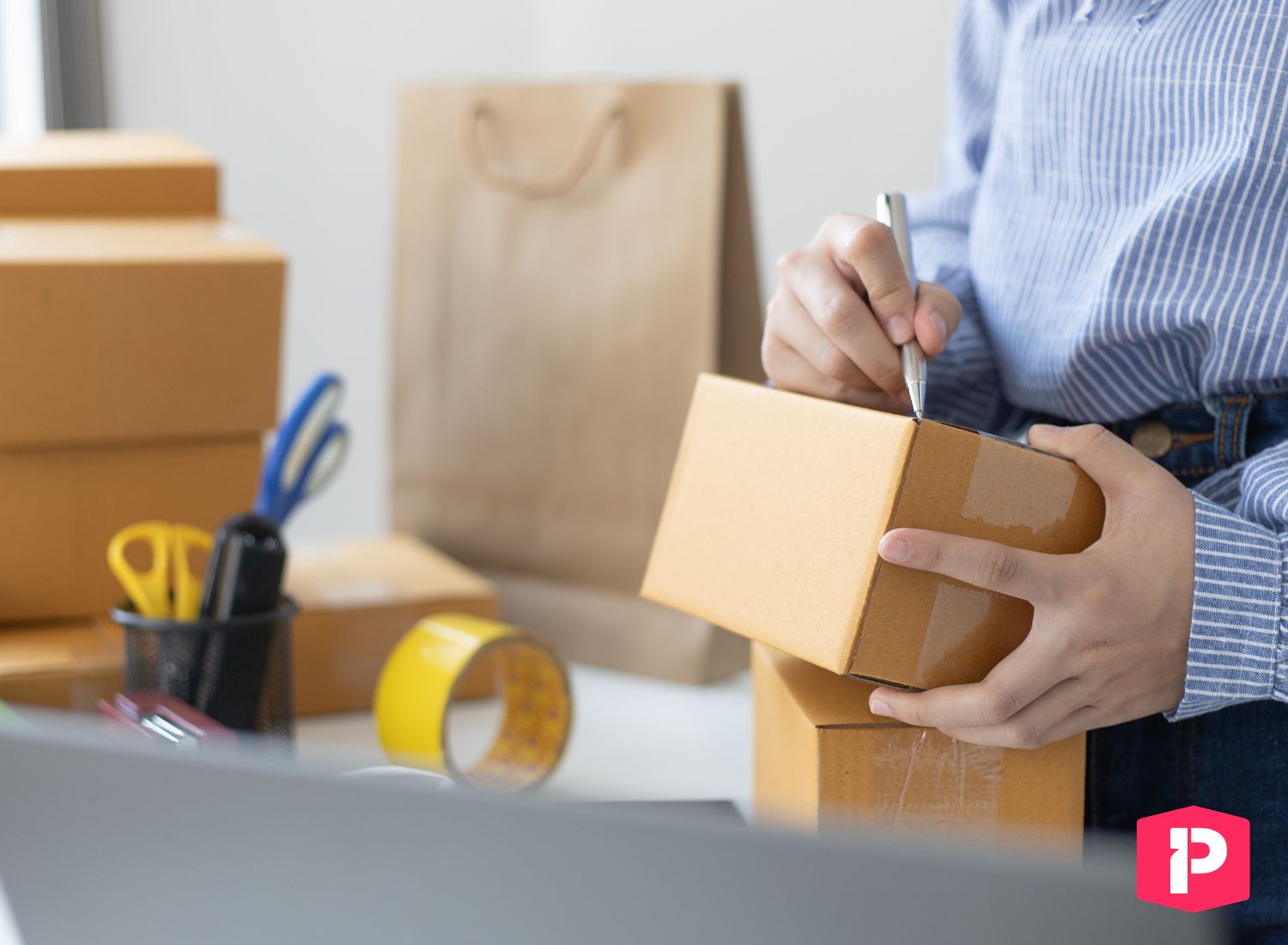Suppose you’ve been an aroma enthusiast for a while. Well, you’ve probably encountered the dilemma of having a nearly empty, old nitrite bottle lying around as you open a fresh, strong one. It begs the question: can you mix old poppers with new ones? While the short answer is “yes,” it’s a bit more complicated when you break it down. A blend of chemistry, safety, and experience all factor in. Let’s look at what will happen when you mix old aroma and fresh poppers, and whether or not it’s a good idea.
Table of Contents
ToggleShould you mix old poppers with new poppers?
At the end of the day, while there’s nothing inherently wrong with mixing old poppers for sale with fresh ones. It’s probably not worth it. The older poppers will dilute the fresh ones, leading to a weaker, less fun experience. And there’s a slight chance that degraded products could introduce unwanted side effects. If you aim to enjoy poppers to their fullest potential, you will be better off sticking with a fresh small aroma bottle. Store them properly to ensure they last as long as possible.
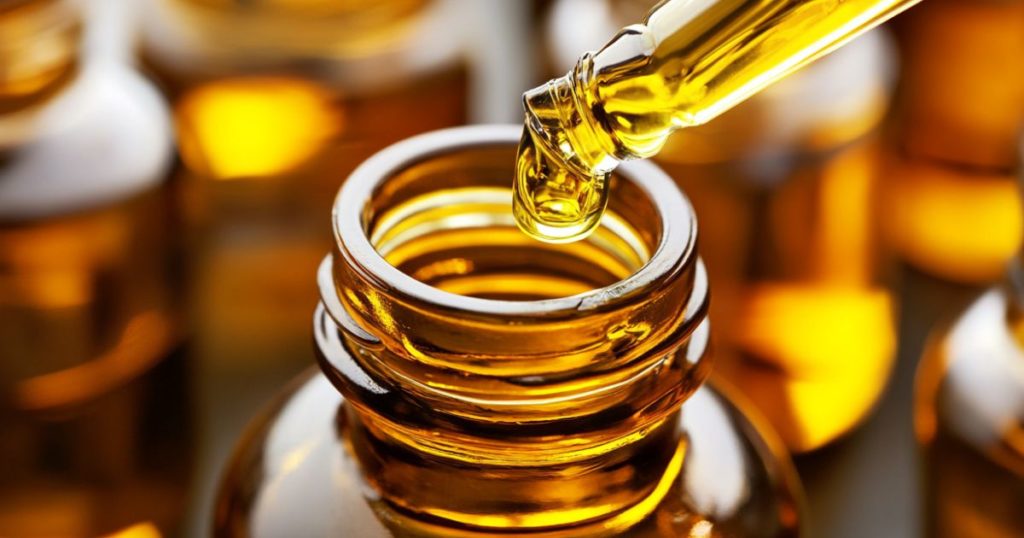
Mixing might be tempting when you’re trying to make the most of what’s left in an old aroma bottle. But in most cases, it’s better to move on and crack open that new product. After all, the whole point of poppers is to enjoy the quick, high rush—and that’s best experienced when the poppers are fresh, strong, and unadulterated. So don’t use that old small bottle and buy a fresh one.
Mixing poppers: What happens?
So, what happens if you decide to mix that old product bottle and a fresh, unopened one? Technically, nothing is really stopping you from mixing them. They’re the same chemical compound (assuming they’re the same type of poppers), but the great difference is potency. When you combine old, weakened poppers with a newer nitrite bottle, you’re essentially diluting the fresh stuff, and the fun. The result is a blend that’s likely less powerful than what you’d get if you just used the actual poppers on their own.
Imagine it like mixing flat soda with a fresh, fizzy one. You’ll still get some bubbles, but it won’t have the same crispness and pop that you’d get from a fresh bottle. In the same way, mixing old and current poppers can dull the intensity of the great experience. If you love the quick, high rush that poppers provide, this diluted effect might be a bit of a letdown.
Is mixing poppers risky?
While mixing old and new poppers might seem harmless, there are a few great safety concerns worth considering. As poppers age, especially if they’ve been exposed to heat or sunlight, they can form harmful byproducts for people using them. The alkyl nitrites (including amyl, propyl or pentyl) in poppers are unstable products. As they break down, they can release compounds that may not be safe to inhale. Combining these degraded products with a fresh small nitrite bottle will introduce an element of uncertainty into the mix.
Though the risk to cause immediate harm is probably low, it’s not zero. If your old poppers have been sitting in poor conditions (like in direct sunlight or near a heat source), or is out of date, the degradation process could have produced some harmful substances. Mixing these and fresh poppers isn’t necessarily dangerous, but you might be exposing yourself to more risk than you need to.
Additionally, poppers are volatile. Inhaling the fumes from a bottle that’s been sitting around too long might cause irritation or headaches. You could also be getting a mix of inconsistent effects, which can make it difficult to predict how your body will respond.
Does it still feel good?
Let’s face it: the reason most people inhale poppers is for the immediate, high effects they provide. When poppers are fresh, the effect is fast, euphoric, and short-lived, which is exactly what makes them so good. But when you start mixing old poppers with new ones, that intensity really can be compromised.
The older poppers might not hit as hard or as quickly. By blending them with newer ones, you might find that the experience is more lackluster than you expected. Rather than getting that high rush, you might end up with a milder, slower experience that’s less satisfying. In some cases, it could even feel uneven, where the hit comes on in spurts rather than one smooth wave. For people who inhale poppers for a specific effect, this unpredictability can be a drawback.
In general, if you’re after that great experience, mixing old and fresh poppers isn’t the best way to go. You might be better off finishing the old nitrite bottle first (if it’s still usable) or just starting fresh with a fresh one.
Store poppers: Avoiding the need to mix
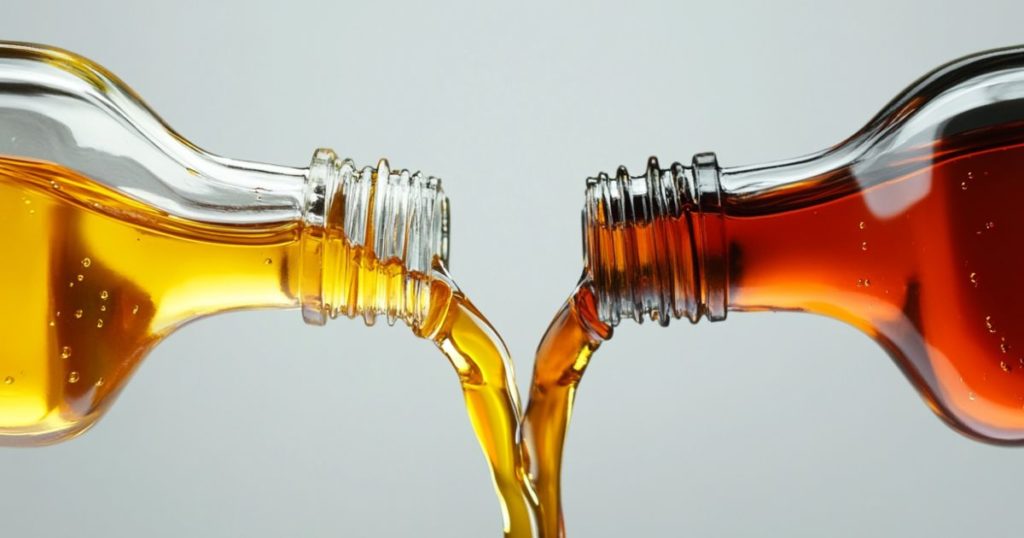
To avoid the temptation or need to mix old poppers with new ones, it’s important to store your poppers correctly. Keeping them in a cool, dark place, away from direct sunlight and heat, can help preserve their potency for longer. Once a bottle is opened, the clock starts ticking, and it’s only a matter of time before the products begin to degrade. If you know you’re not going to inhale poppers often, it’s probably best to buy smaller bottles so you can use them up before they go stale.
By taking care of how you store them, you won’t have to worry about mixing old and fresh bottles just to get the desired effect. Instead, you’ll have fresh poppers ready to go when you need them, and you’ll be able to enjoy the full experience without compromise.
How poppers age
Poppers for sale are made of alkyl nitrites (including amyl, pentyl, or propyl), which start to break down over time, especially once the bottle of recreational liquid has been opened. This aging process can be influenced by exposure to things like air, light, or heat. If you’ve got an older nitrite bottle hanging around for a while, it’s likely not as strong as it once was. Your immediate effect comes from how fresh and strong the products are. Over time, these legal recreational substances degrade, leading to less intense effects.
When poppers sit around for too long, the liquid inside can oxidize. This changes the chemical makeup, potentially making them less safe or effective. The older the poppers, the more likely they are to lose their potency or develop a strange smell, indicating that the nitrites have broken down. So, if you’ve opened an old bottle of recreational liquid and it smells off or doesn’t give you that same buzz, it’s probably time to toss it.


